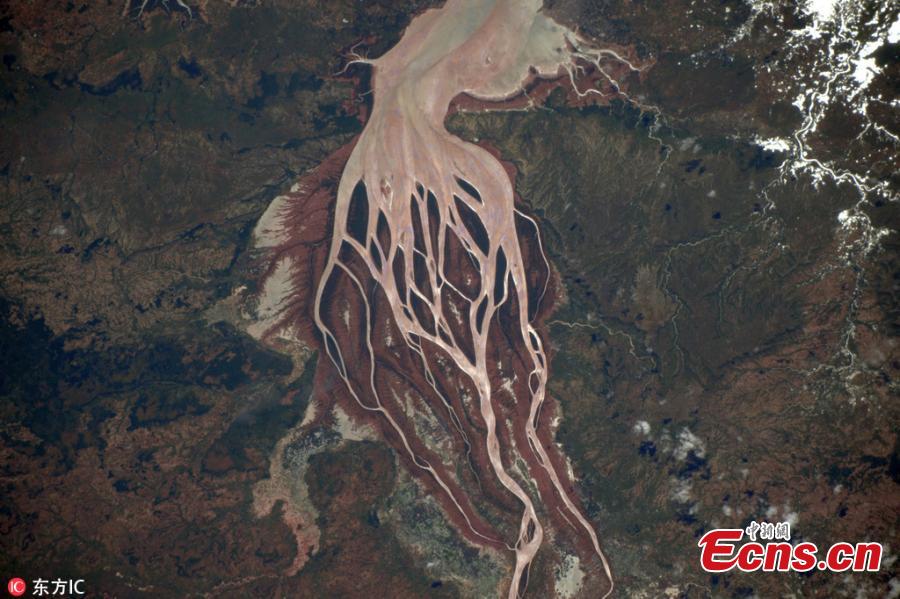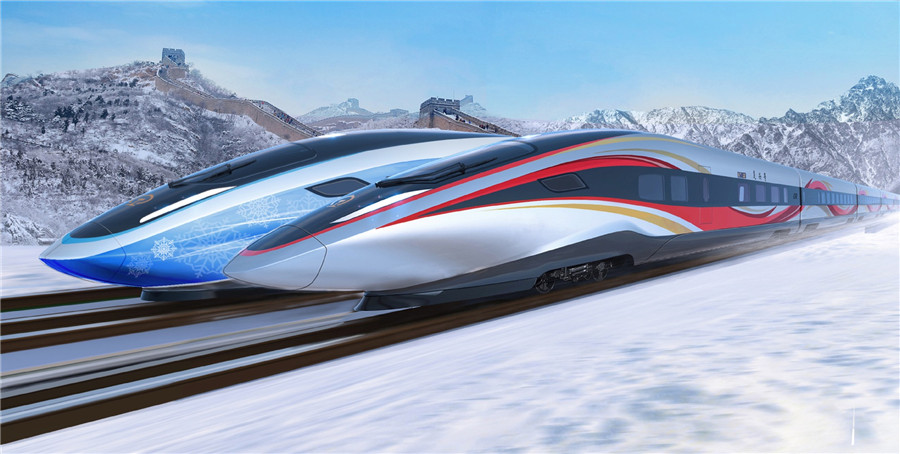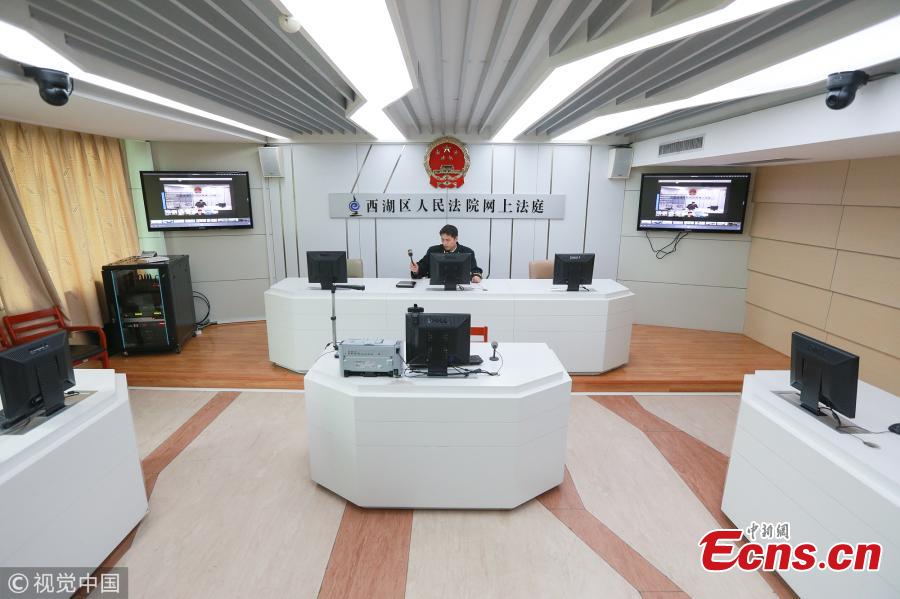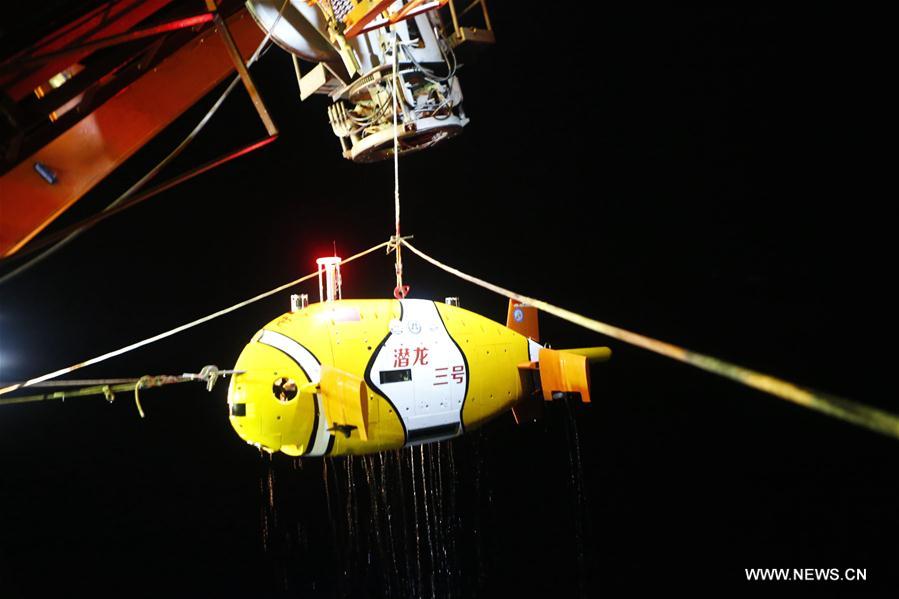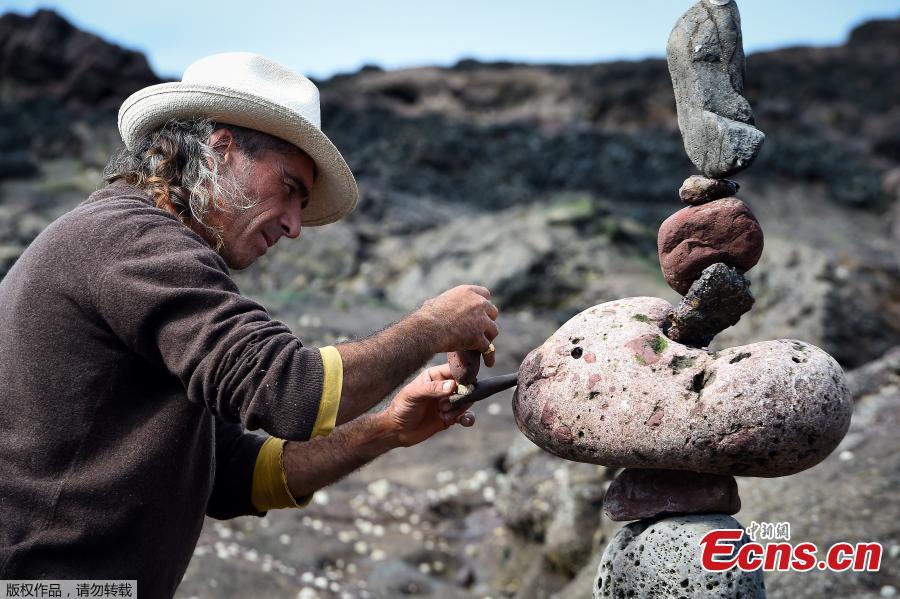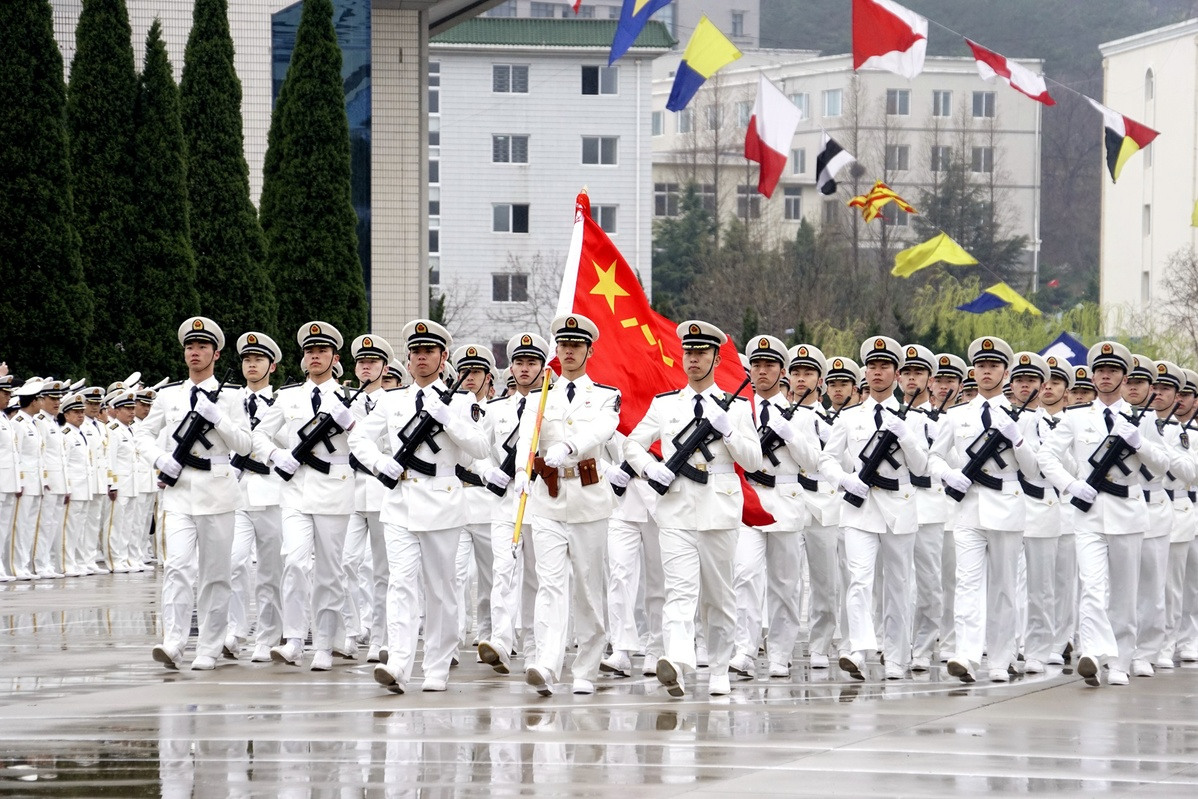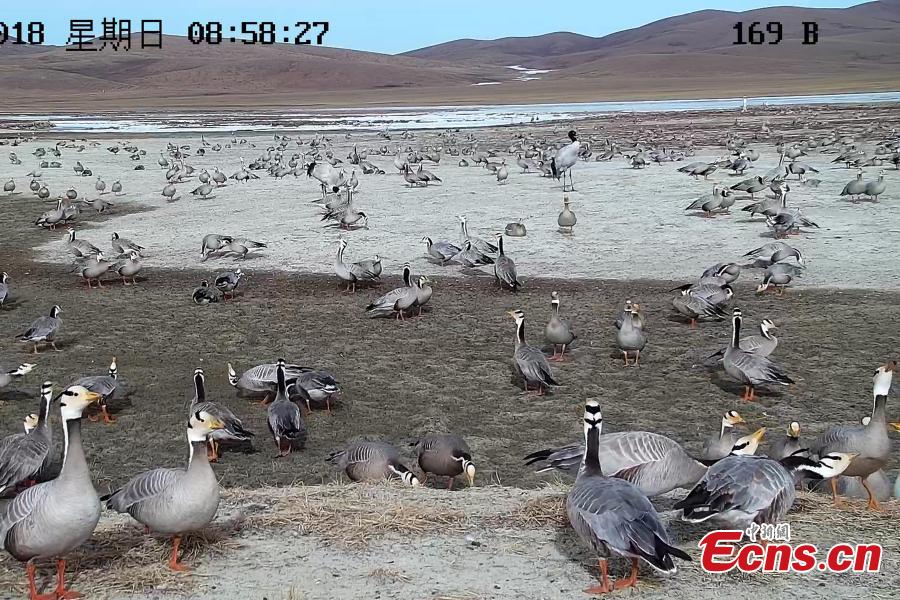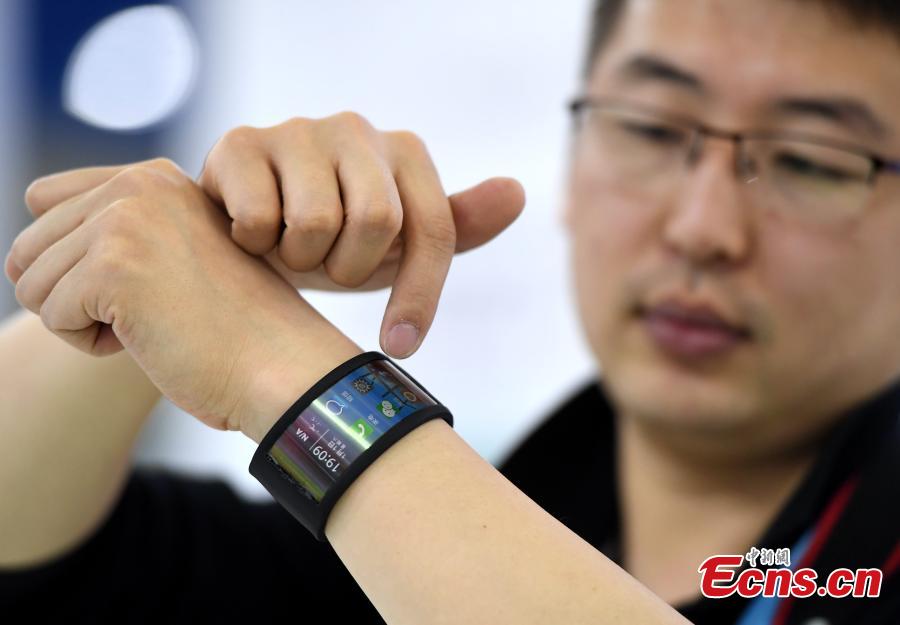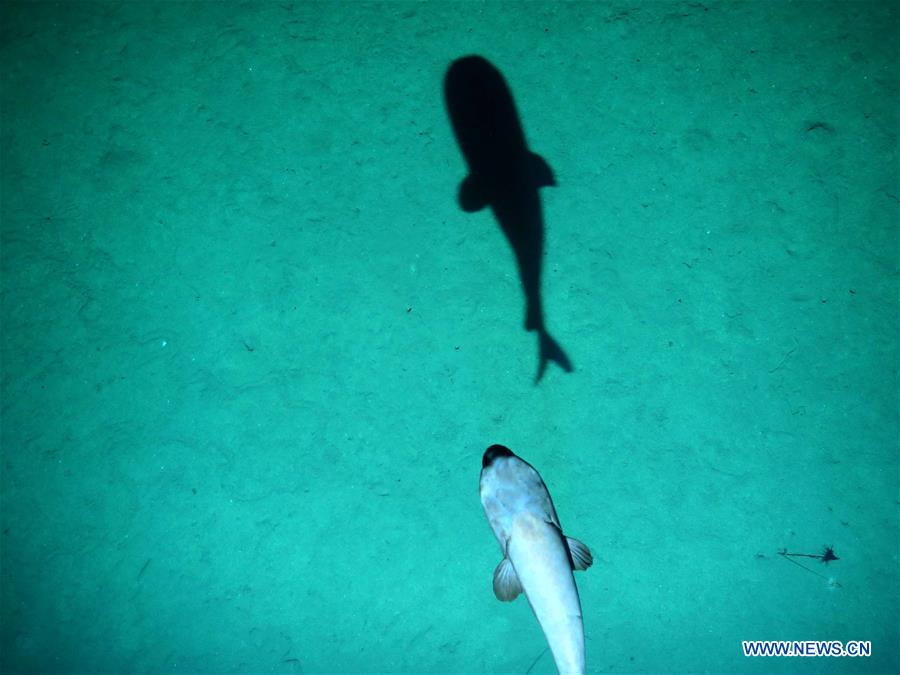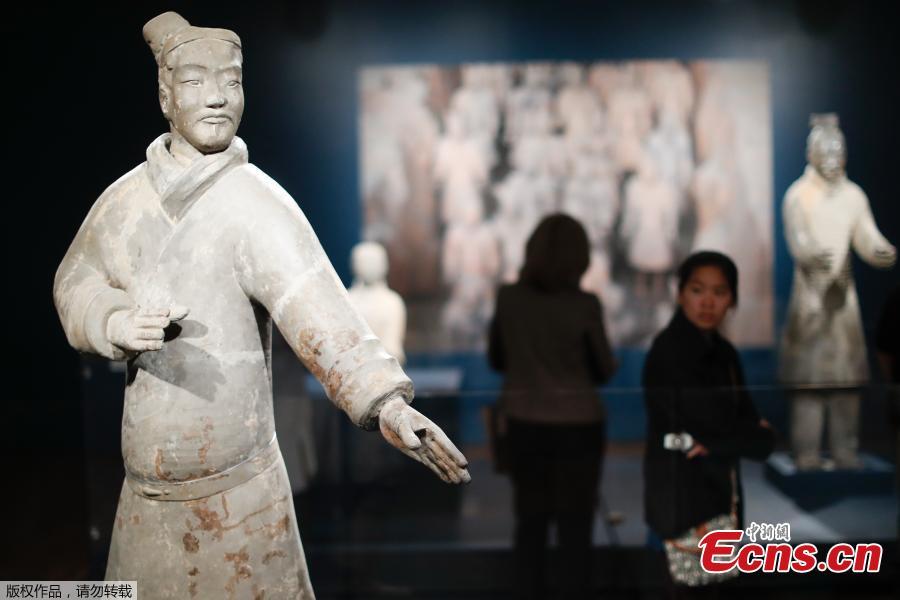China is striving to send a group of new satellites into orbit around 2020, as part of the country's fast-expanding space science program, a national science official said at a space conference on Tuesday.
The satellites include a Sino-European joint mission known as "SMILE," which will focus on the interaction between the solar wind and the Earth magnetosphere, according to Wang Chi, director of the National Space Science Center under the Chinese Academy of Sciences.
The Solar wind Magnetosphere Ionosphere Link Explorer, or SMILE, will also help study magnetospheric substorms, so as to further our understanding of the impact of solar activities on Earth's environment and space weather, Wang said.
The Einstein-Probe, also among the new satellites, is tasked with discovering celestial bodies that emit X-rays during fierce changes as well as quiescent black holes with transient high-energy radiation, Wang said.
The satellites also include the Advanced Space-borne Solar Observatory (ASO-S) and the Gravitational Wave Electromagnetic Counterpart All-sky Monitor (GECAM). The former will help scientists understand the causality among magnetic fields, flares, and coronal mass ejections, and the latter is aimed at searching for electromagnetic signals associated with gravitational waves.
The Water Cycle Observation Mission (WCOM) will become world's first satellite to help scientists better understand Earth's water cycle by simultaneous and fast measurement of key parameters such as soil moisture, ocean salinity, and ocean surface evaporation, according to Wang.
The Magnetosphere-Ionosphere-Thermosphere Coupling Exploration (MIT),is also in the satellite group. MIT aims at investigating the origin of upflow ions and their acceleration mechanism and discovering the key mechanism for the magnetosphere, ionosphere, and thermosphere coupling.
While Europe and the United States have traditionally led in scientific development, China has emerged as a new science and technology player in recent years.
However, compared with leading powers in space, China is still going through unbalanced development in space scientific research, technology, and application.
Hopefully, these new space science satellites will help roll up the curtain of change, said Wang. "We hope to build a state lab for space science as soon as we can and achieve a significant breakthrough in the space field by 2030."









